Absolutely no surprise here, actually, but yesterday's pivotal oral arguments convinced me that there's a very good chance that the fate of Obamacare's individual mandate -- and by extension, Obamacare itself -- will come down to the High Court's unpredictable swing vote. Here are a few observations I gleaned from carefully reviewing the full two-hour session online:
(1) All four liberal justices (Ginsburg, Breyer, Kagan, Sotomayor) are all but guaranteed to uphold the law. Aside from a tepid challenge about "limiting principles" from Sotomayor, none of them really pressed the government's lawyer on his assertions. Indeed, as others have pointed out, they were often reduced to bailing him out as he floundered under sharp questioning. Justice Kagan, Obama's former Solicitor General, was a far more effective advocate for Obamacare than her successor. She might as well have ditched the robe and climbed down from the bench to take over for him at times. It was painful to listen to, even as someone who was rooting against Verrilli's stated positions.
(2) Justices Thomas and Scalia appear to be locks to vote down at least the mandate. Justice Alito asked a few skeptical questions of the states' advocates (both of whom performed masterfully), but nevertheless struck me as a reliable vote. Chief Justice Roberts dished out strong challenges to both sides, but I think Phil Klein's analysis is spot-on: He'll ultimatley side with his fellow conservatives.
(3) That leaves the elusive Justice Kennedy. On balance, Kennedy sounded like he's inclined to rule against the mandate. Listen to this seminal moment:
Recommended
"The reason this is concernning is that it requires the individual to do an affirmative act...Here the government is saying that the federal government has a duty to tell an individual citizen that it must act. And that is different than what we have in previous cases. That changes the relationship with the federal government to the individual in a very fundamental way."
Kennedy made a number of comments along these lines, which is certainly encouraging. The only significant counter-example came at the very end of the oral arguments, in which Kennedy appeared to at least somewhat agree with the administration's key contention that the healthcare market is so unique that it justifies an unusual degree of federal intrusion (from page 104 of the pdf):
...The government tells us that's because the insurance market is unique. And in the next case, it'll say the next market is unique. But I think it is true that if most questions in life are matters of degree, in the insurance and health care world, both markets -- stipulate two markets -- the young person who is uninsured is uniquely proximately very close to affecting the rates of insurance and the costs of providing medical care in a way that is not true in other industries. That's my concern in the case.
Again, based solely on yesterday's arguments (which do not necessarily predict outcomes), Kennedy appears to believe that upholding the mandate would be an unprecedented shift in the citizen-State relationship, but that the government may have a point regarding the uniqueness of this specific healthcare. The court's final decision may very well hinge on which of these priorities wins out in Kennedy's mind. Bottom Line: As a total novice court-watcher and total non-expert, my sense is that it's a 4-4 deadlock with Kennedy leaning 60/40 in favor of invalidating the individual mandate.
UPDATE - I see that my Hot Air colleague Allahpundit offered very similar analysis last night. He beat me to the punch, but our general conclusion is pretty much the same. Here's an extra insight he provides on Kennedy's reputation and judicial philosophy:
A dirty little secret about Kennedy: He’s not nearly as centrist when it comes to the Commerce Clause and the Tenth Amendment as he is on, say, abortion and gay rights. He’s been the fifth vote for a conservative majority on several landmark cases finding limitations on federal power. I get the idea sometimes from righties who don’t pay much attention to the Court that they view him as another Souter, but that’s not remotely fair. In fact, it’s telling that he begins here by noting enumerated powers. The liberal view of the Constitution on economic regulation is, for all practical purposes, that the only restraint on federal power is the Bill of Rights.
Let's hope this is right.
UPDATE II - The RNC has released a new web ad. It is painful. Almost mean-spirited:
Ouch.

















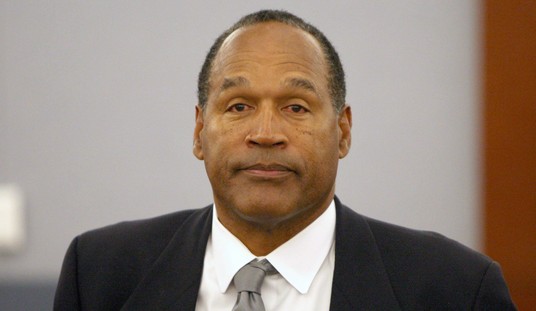
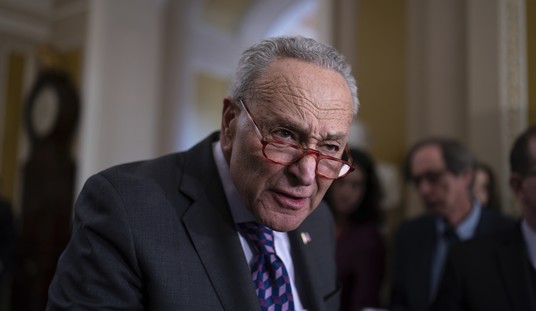
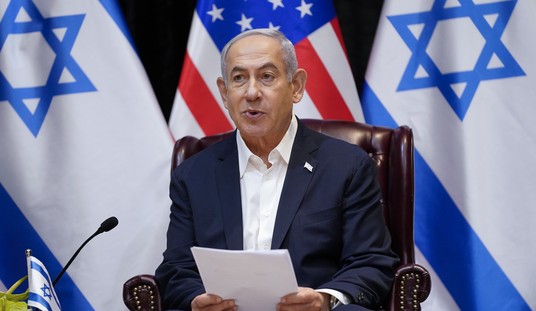
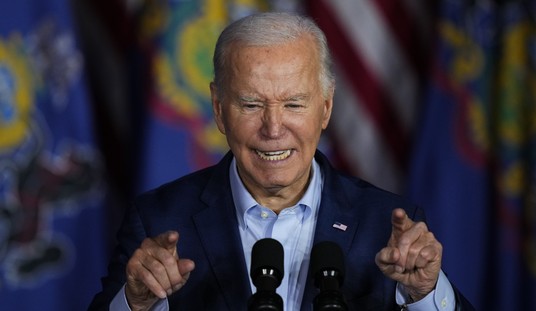
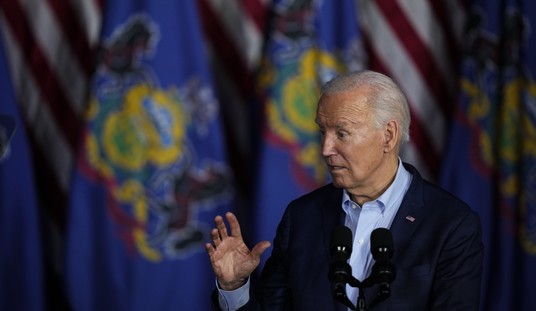
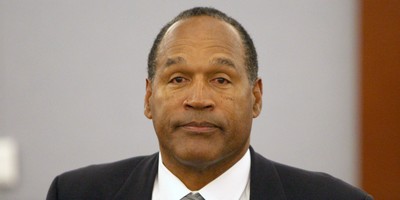
Join the conversation as a VIP Member